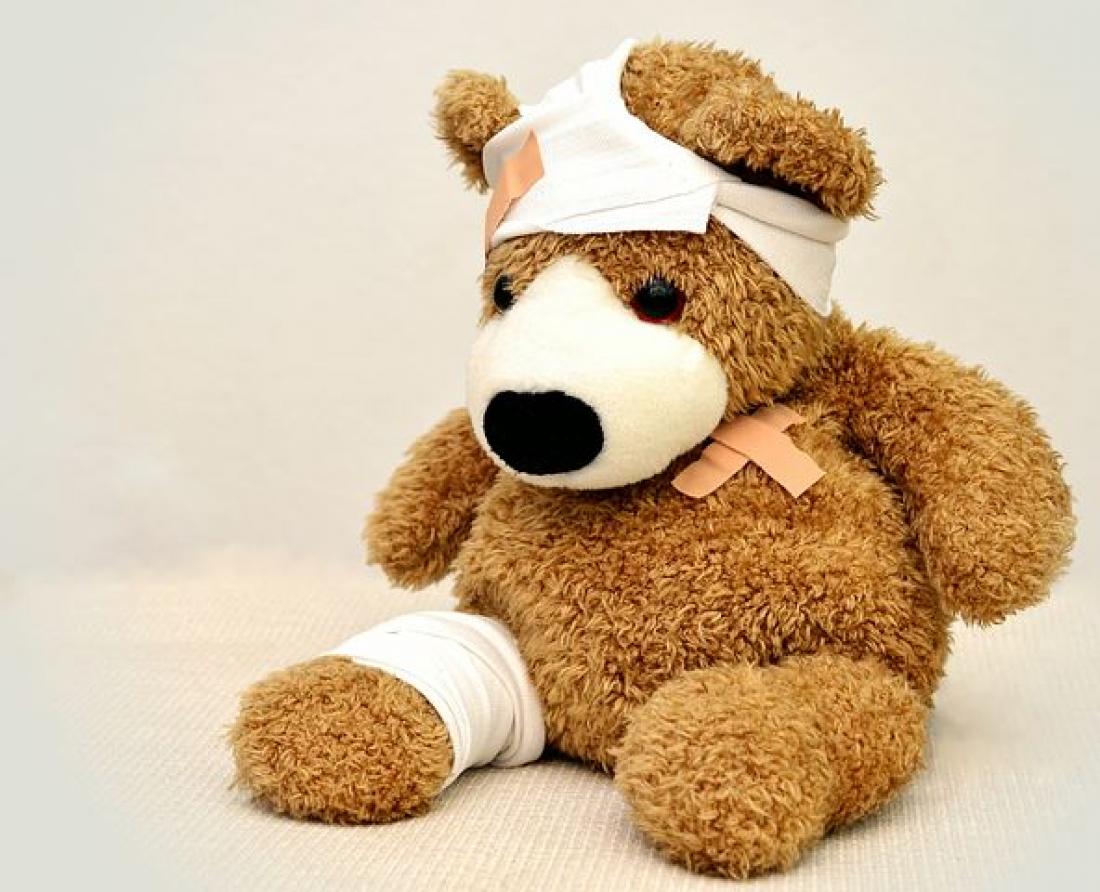Let’s get a smile on Teddy CU with continuous QI in PICU.
Japan is a country known for its continuous quality improvement (KAIZEN) in manufacturing. Now doctors are bringing this philosophy to the medical field. In pediatric intensive care units (PICU), quality improvement (QI) is needed to ensure complex medical care is provided to critically ill patients in a timely manner.
A research group led by Associate Professor Etsuko Nakagami-Yamaguchi and Graduate Student Yu Inata of the Department of Medical Quality and Safety Science, Osaka City University Graduate School of Medicine, set out to understand and assess the literature describing quality improvement in PICUs.
“Although the number of QI articles has increased over time, the quality of research reports was not always high,” states Dr. Inata. Their findings were published online in the international journal Pediatric Critical Care Medicine.
Through a systematic review of existing literature mainly in North America and the U.K., the team gave a score of 0-16 to 158 articles using the Quality Improvement Minimum Quality Criteria Set. They found the articles to have a median quality score of 11.0, but “only 17% of the articles were deemed high quality, with a score between 14 and 16,” says Dr. Inata, “and only 5% cited Standards for QUality Improvement Reporting Excellence (SQUIRE) guidelines for reporting quality improvement works.”
This study is the first to identify the full range of medical quality improvement research being conducted in PICUs and the first to show “there is room for improvement in the quality of reporting of QI research in healthcare,” suggests Prof. Nakagami-Yamaguchi.
The team hopes this study draws attention to the issues of quality improvement that have not yet been addressed and creates momentum to improve the quality of research reports. “And through this,” continues Dr. Inata, “continuously improve the quality and timely delivery of medical care in pediatric intensive care units.”
###
We are Osaka City University - the oldest research university in Osaka. With 9 undergraduate faculties and 11 graduate schools all dedicated to making urban life better, energy cleaner, and people healthier and happier, we have won numerous awards and have produced 2 Nobel laureates. For more information, please visit our website at https://www.osaka-cu.ac.jp/en.



